Weekend Links #15: AI in the Vatican, AI in the Senate
plus Pope superforecasting and parrot talk
About the author: Peter Wildeford is a top forecaster, ranked top 1% every year since 2022. Here, he shares the news and analysis for the past week that informs his forecasts.
An AGI-pilled papacy?
Pope Francis was a lot of things, but one aspect I appreciated was his interest in the societal impacts of AI. In 2023 December, Pope Francis’s message for the 57th World Day of Peace urged the international community to adopt a binding international treaty that regulates its development and use.
In 2024 June, Pope Francis became the first Pope to address the G7 and he used the speech mainly to warn about human control over AI:
We would condemn humanity to a future without hope if we took away people’s ability to make decisions about themselves and their lives, by dooming them to depend on the choices of machines[. …] We need to ensure and safeguard a space for proper human control over the choices made by artificial intelligence programs: Human dignity itself depends on it.
Then in 2025 January, Pope Francis wrote a theological note on the Catholic Church's official position on AI and its implications for humanity:
The use of AI […] must be accompanied by an ethic inspired by a vision of the common good, an ethic of freedom, responsibility, and fraternity, capable of fostering the full development of people in relation to others and to the whole of creation. […]
Insofar as AI can assist humans in making decisions, the algorithms that govern it should be trustworthy, secure, robust enough to handle inconsistencies, and transparent in their operation to mitigate biases and unintended side effects.
Now we have a new Pope, Pope Leo XIV, and he’s the first American Pope! What’s going to be his deal with AI?
At first it was thought that Pope Leo XIV (Robert Francis Prevost) wrote a book on probability theory and theology:
But it turns out this is a different guy.
This is an especially funny coincidence because Pope Leo XIV actually does have a significant mathematical background, earning a bachelor's degree in mathematics from Villanova University. But he was never an Assistant Professor of Philosophy at the University of Texas. That was a different math-interested and theology-interested Robert Prevost!
But nonetheless Pope Leo XIV looks likely to follow Pope Francis’s interest in AI. Here’s him explaining his name:
I chose to take the name Leo XIV. There are different reasons for this, but mainly because Pope Leo XIII in his historic Encyclical Rerum Novarum addressed the social question in the context of the first great industrial revolution. In our own day, the Church offers to everyone the treasury of her social teaching in response to another industrial revolution and to developments in the field of artificial intelligence that pose new challenges for the defence of human dignity, justice and labour.
And in his first meeting with cardinals on Saturday he labelled AI “the main challenge facing humanity,” warning of “risks to human dignity.”
~
Can you superforecast the Pope?
Of course, as a forecaster, the other key question I had was whether you could forecast the Pope. I was hoping to write a post here about this but the actual Pope was chosen faster than I could get it out.
Nate Silver writes that this was a prediction market miss:
At Polymarket, which I consult for, around $30 million was bet on the identity of the next pope, and little of it on Prevost, whose implied probability of being elected hovered at between 1 and 2 percent. […]
It’s not that the markets had been particularly confident before, with the leading candidates — Pietro Parolin and Luis Antonio Tagle — having no better than roughly a 30 percent chance when the papal conclave began on Wednesday. But when white smoke came out of the Vatican yesterday on just the second day of the conclave, Parolin’s odds shot up, presumably on the assumption that the quick decision was good news for the frontrunners.
[…] I don’t think this assumption was inherently unreasonable. But that assumes you can identify the frontrunners correctly in the first place. This was the sort of situation where outsiders — and particularly the sorts of outsiders who might be inclined to bet on papal elections, whom I doubt have any more expertise in the Catholic Church than I do — were going off so little information that they probably ought to have hedged a lot more. […]
Indeed, there’s some precedent for this sort of surprise. Pope Francis — then Jorge Mario Bergoglio — had also been considered a long shot when he was elected in 2013, initially having 55-to-1 odds against.
~
Rajiv Sethi continues the analysis:
What happened in response to the white smoke was startling. The price of the Parolin contract doubled within minutes, as the other prices slid. It remained above sixty percent for the rest of the hour, before collapsing to zero once the identity of the new pope was publicly revealed.
What could explain these price movements? We can probably rule out information leakage from inside the Chapel, since the price of the Prevost contract actually fell over this period. There was some information content in the timing of the announcement—traders might have interpreted a relatively quick decision as being good news for the early favorite. But the scale of the price increase, as well as the sharp initial decline in the price of the Tagle contract, suggests to me that the explanation lies elsewhere.
Here’s what I think happened. Although it’s clear in hindsight that there was no leakage of inside information, this was not known to traders in real time. They saw the price rising, and tried to interpret this. They knew that the identity of the new pope was known to those who had participated in or witnessed the vote, and the possibility that this information had made its way outside the Chapel walls could not be ruled out.
That is, while no trader knew the identity of the new pope, they suspected that some other traders knew. And by treating the price movements themselves as informative, traders acted in ways that amplified these movements. This confirmed their suspicions, reinforced their actions, and quickly drove prices to levels completely out of step with the information available. In fact, aside from the timing of the announcement, there was no information available at all.
This episode reveals something quite general about financial markets. It shows that momentum trading can be profitable under certain conditions, but also that too much of it can destabilize markets. […]
Many observers claimed victory and vindication for prediction markets after the presidential election last November, but one can’t make judgements about the forecasting accuracy of a mechanism based on the outcome of a single event. The election of a president is one data point, the election of a pope is another. For the latter event, the predictive accuracy of markets could hardly have been worse. But on the bright side, this failure revealed with unusual transparency something about the deep structure and functioning of financial markets in general.
~
However, just because it was a big miss from prediction markets doesn’t mean it was a big miss from top forecasters. Personally I made good money betting it would be anyone other than Parolin, anticipating this dynamic.
But others actually managed to get the answer correct. I introduce you to the story of how one trader made $100K predicting the identity of the Pope:
[N]ormally I don't like to talk about bets, because they're repeatable events and small edges are important. But considering the next conclave is probably 15 years away, I think I'm safe to talk shop.
The first thing to know is that the next pope “pricing” is about 70% nonsense with only a loose correlation to reality. This is an extremely hard event to price. Not even the participants themselves would probably know how to handicap it. […][I]n this environment of dramatic Italian politics, being the frontrunner can be very, very, very bad. You are the focus of attention, of whispers, and of what little campaigning there is. Under a microscope, the warts are always going to stand out. There is a loose concept in Italy of “bruciare un nome” or “burning a name.” If you are in focus, your name can get burned by people who are against you and/or the relentless rumor mill. […]
The market that was 70% nonsense featured two heavy favorites -- Parolin who traded around 30 and "Asian Francis" Tagle who traded around 22. Right off the bat, you start with two men that are (combined) likelier than not to be pope despite the history of these conclaves being a little chaotic and very unpredictable. If you knew nothing else about the event other than the prices probably suck, you could safely buy no on those two for 48c and win 52c a good percentage of the time. So I shorted those guys, first a little and then a lot.
But if you have two people that are too high, and the market adds up to 100, that means a lot of realistic people are way, way too low. And that's where the work and the research comes into play. And I did a lot of work, and a lot of research. […]
Prevost was one of the people I circled as way too low. He was that low principally because he is/was an American! It was a widely held belief that it would be very, very hard to elect an American pontiff (which doesn't make sense to me, and probably didn't cross the Cardinals minds much). […]
And finally, the last thing to say about the Italians is that there is a strong home-team bias, and the Italians love positioning Italians as the frontrunner. Or as gaining ground. After all, the Papacy was in the hands of Italians continuously for 450 years before John Paul II's win (neither of the two Italian frontrunners that year could reach 2/3rd).
Of the 4 highest priced possible Popes as of this morning, 3 of them = Italian. Zuppi, Pizzaballa, and Parolin. This was not coincidental! Nor did it even make sense: this was the most diverse set of Cardinals ever in the conclave, by far. The idea that they would gravitate back to Italians is possible, but seems like a bad assumption.[…]
It was very unclear if Parolin was actually a frontrunner or merely some kind of default (he was Francis' #2). He is not very charismatic, and it would be a slightly odd choice to go from a pontiff who is very pastoral-minded to one that is very much administrative. I reason it would likely be some kind of mixture (and arguably this thesis bore itself out in the end).
Tagle had the moniker of “Asian Francis” and I watched videos of him and was really inspired. Very cool guy. But it is rare in transitions for like to replace like, and in any event, Tagle had some other managerial issues and reasons to be skeptical that he was a frontrunner (let alone could reach 2/3rds). To me, his price was propped up by the moniker.
So as a directional bet, I decided to just bet a ton that the next Pope would be someone other than these two.
[…And then t]he white smoke went up after the fourth ballot. This is, relatively speaking, fast. And the logical conclusion (and one that I immediately jumped to) is that this means a strong vote getter from the 1st round has consolidated the vote and become Pope. Parolin went to ~65%. Tagle stayed around ~20%. These two were 85% to be Pope, and tbh even though that price was incredibly wrong in hindsight, it's hard to think it's THAT wrong in the moment. I was convinced I had lost a lot of money! […]
But what I DID do is scroll through the list of other options. […] I knew one piece of information: it was four ballots. It's too quick for a longshot. Throw all the longshot lottery tickets straight into the garbage. You need someone with gravitas, who is capable of capatulting to 2/3rd in a relatively short time period. And those two were the ones I picked out. I bought thousands of shares of each of them as other traders were focused on Tagle/Parolin.
A few minutes later, my jaw dropped as Prevost -- the guy I had just amasssed shares in at 200-1 like 20 minutes earlier-- walked out onto the balcony as Pope.
~
The Senate and Altman on AI
When Biden was President and Sam Altman came to testify in front of the Senate, the discussion was mainly about how to rein in AI. Altman proposed the creation of a US or global licensing agency for powerful AI systems, and suggested the agency could “take that license away and ensure compliance with safety standards.” He expressed concerns about AI risks, stating, “If this technology goes wrong, it can go quite wrong”.
However, in Altman’s first major congressional hearing in Trump’s second term, the discussion switched from reining in AI to building it out. And Altman switched his earlier position, stating that requiring government approval before a model’s release would be “disastrous.”
What changed?
~
My main guess would be that Altman is just doing his best to represent his business and fit in with the vibes. And the vibes were very different now than two years ago. Chairman Ted Cruz set the tone of this Senate session by declaring:
China aims to lead the world in AI by 2030. In this race, the United States is facing a fork in the road. Do we go down the path that embraces our history of entrepreneurial freedom and technological innovation? Or do we adopt the command and control policies of Europe?
This competitive mindset represented a significant shift from previous AI hearings that emphasized existential risks and safety concerns. Now, the fear of falling behind China dominated the discussion, with executives pointing to specific Chinese advances like DeepSeek's competitive and cost-effective AI model as evidence of the heightening competition.
~
Senator Ted Cruz (R-TX), the Chairman of the committee and head Republican, argued that AI is a critical inflection point, like or bigger than the internet. He stated that the US must beat China in AI to shape the 21st century.
Cruz argued that the US should adopt a light-touch regulatory approach, fostering entrepreneurial freedom as it did with the internet in the 1990s, which led to significant economic growth. He contrasts this with the EU's “heavy-handed” regulations, which he claims stifled their tech economy. Cruz argues the Biden administration is aligning with the EU's “failed” regulatory approach, casting AI as dangerous and burdening innovation with excessive rules, which he believes would cede leadership to China.
Cruz raised significant concern emerged that differing state-level AI regulations could cripple US competitiveness. This culminated in a call by Cruz for “a regulatory sandbox for AI” that will be “modeled on the approach taken by Congress and President Clinton with respect to the internet”. While this proposal is light on details, it likely involves Congress asserting authority over AI regulation and rulemaking, explicitly blocking states and federal agencies from rulemaking on AI and explicitly asserting minimal regulations on AI.
The explicit parallel made by Cruz is to The Telecommunications Act of 1996, signed into law by President Bill Clinton. This was the first significant overhaul of United States telecommunications law in more than sixty years and was the first time that the Internet was added to American telecommunications regulation which was previously the domain of radio broadcasting and the telephone. As Cruz describes it, “In the early 1990s, Washington embraced the internet and explicitly adopted a style of regulation that was intentionally, and decisively, light-touch.”
However, the original internet regulations were more nuanced than pure deregulation. The Telecommunications Act of 1996 created precise regulations based on type of network architecture, with companies subjected to different regulations depending on whether they operated in telephone, cable television, or Internet networks. The law maintained regulation of underlying infrastructure while keeping "information services" lightly regulated.
Cruz's approach appears to more uniformly oppose regulation across the AI ecosystem. Despite opposing comprehensive regulation, Cruz has supported narrowly tailored legislation for specific issues, like his bipartisan TAKE IT DOWN Act which makes it a federal crime to knowingly share or threaten to share nonconsensual intimate imagery of someone, including AI-generated images that depict real people. However, it’s not clear what Cruz would do with “light touch” federal regulation on AI, if anything.
Besides Cruz, other Republicans focused on infrastructure, energy, and permitting reform to power the AI buildout (Moreno, Budd, Lummis, and Sullivan), AI's impact on children (Moreno), worries about China’s AI development (Budd), American venture capital funding Chinese AI (Sullivan). Senator Jerry Moran (R-KS) added concerns around consumers have control over their data, rural community access, and cybersecurity.
Sen. Todd Young (R-IN) stressed working with allies and argued that if the U.S. doesn't adopt some (light-touch) standards, other nations will, shaping global norms without U.S. input. He also highlighted how U.S. AI models can advance American values globally.
~
Senator Maria Cantwell (D-WA), the head Democrat on the commitee, also framed AI as a race where the US must win, but boosted the bipartisan CHIPS and Science Act as foundational for US investment and supply chains, export controls for national security, and the need to set standards for broad distribution of its AI tech, ensuring partners comply with US rules.
Cantwell and other Senate Democrats viewed government as a key partner to industry, providing investment and support. Senate Democrats like Cantwell, Duckworth, and Luján expressed strong support for continued investment in entities like the National Science Foundation (NSF) and National Labs. They see these as vital for public-private partnerships and maintaining a research edge. Sen. Duckworth was particularly critical of potential cuts to these research initiatives.
Democrats like Sen. Cantwell are proud of this legislation like the bipartisan CHIPS and Science Act as a foundation for U.S. leadership, bringing supply chains back, and investing in chip design and manufacturing. Other Senate Democrats like Peters, Cantwell, and Klobuchar put emphasis on training the future AI workforce through scholarships, education, and reskilling initiatives.
Cantwell, Klobuchar, and Luján also put emphasis on the need for Standards and "Rules of the Road". A recurring theme is the need for the National Institute of Standards and Technology (NIST) to help establish AI standards, with industry input. They see this not as stifling innovation but as enabling it and ensuring US leadership in setting global norms. Sen. Cantwell expressed frustration that past bipartisan bills on this (with Young, Thune, Moran) stalled.
While supporting standards, Democrats like Sen. Schatz clarified they are not proposing “EU-style pre-approval.” Sen. Klobuchar advocated for a "risk-based approach to regulation" to place necessary guardrails without stifling innovation. Altman agreed that this was a good framework.
Significant additional concern was given by Senate Democrats about algorithms perpetuating bias against marginalized communities (Markey, Rosen), harmful deepfakes and their impact (Klobuchar, Rosen), concern about AI's potential to displace workers and cause social disruption (Peters), and questions about ensuring content creators and journalists are paid for their work when used to train AI models (Klobuchar, Schatz).
~
The AI Action Plan Plans are in
The Trump Administration is crafting an AI Action Plan and requested public comment back in February. I previously covered how Google, Anthropic, and OpenAI were responding and my own response. But now all the responses are in — all 10,068 of them!
93% of submissions came from individuals with most being brief, negative comments about AI and copyright impacts on artists, there were 721 substantive policy submissions from organizations. The Institute for Progress used AI to extract 4,784 specific recommendations across 20 core topics and summarized them on aiactionplan.org.
These recommendations reveal distinct patterns — think tanks prioritize security and export controls, academia emphasizes basic science, advocacy groups focus on ethics and civil rights, while frontier AI developers highlight infrastructure while avoiding discussions of ethics and risks.
The Department of Commerce was the center of AI policy action among the recommendations — this makes sense given that they were the center of AI policy action during the Biden administration and the Trump administration has not put the action clearly anywhere else.
Key recommendation clusters include increasing federal funding for AI research, establishing the National AI Research Resource for compute access, streamlining permitting processes for AI infrastructure, developing comprehensive security standards across the tech stack, creating standardized risk-evaluation frameworks, reforming AI procurement processes, strengthening export controls while reducing their negative impacts on American companies, encouraging responsible open-source model development, and implementing targeted immigration reforms to attract AI talent.
By transforming thousands of public submissions into a searchable database of policy recommendations, IFP's initiative represents a meta-solution to the very problem it identifies — using AI to accelerate the discovery and prioritization of good AI policy ideas, potentially bridging the gap between rapid technological progress and traditionally slow policymaking processes. You should check it out to see what organizations are recommending on AI.
See the AI Action Plan Database: www.aiactionplan.org
~
Whimsy
Today I’ve been watching so many YouTube videos about talking parrots. I have two I’m excited to share with you:




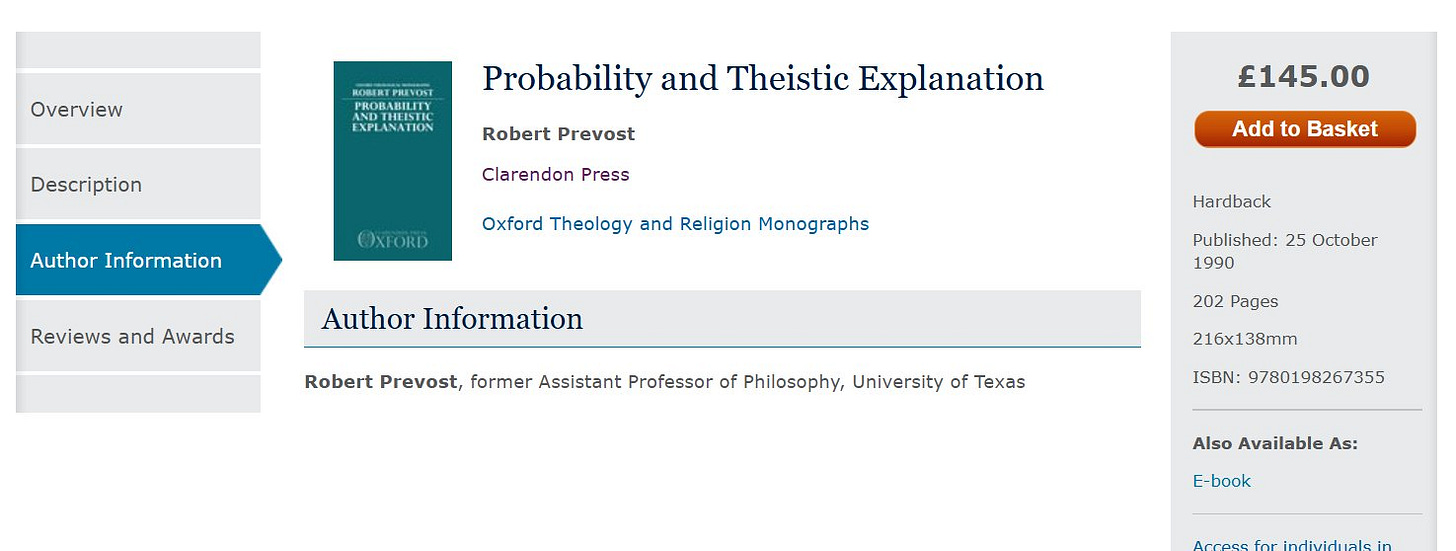
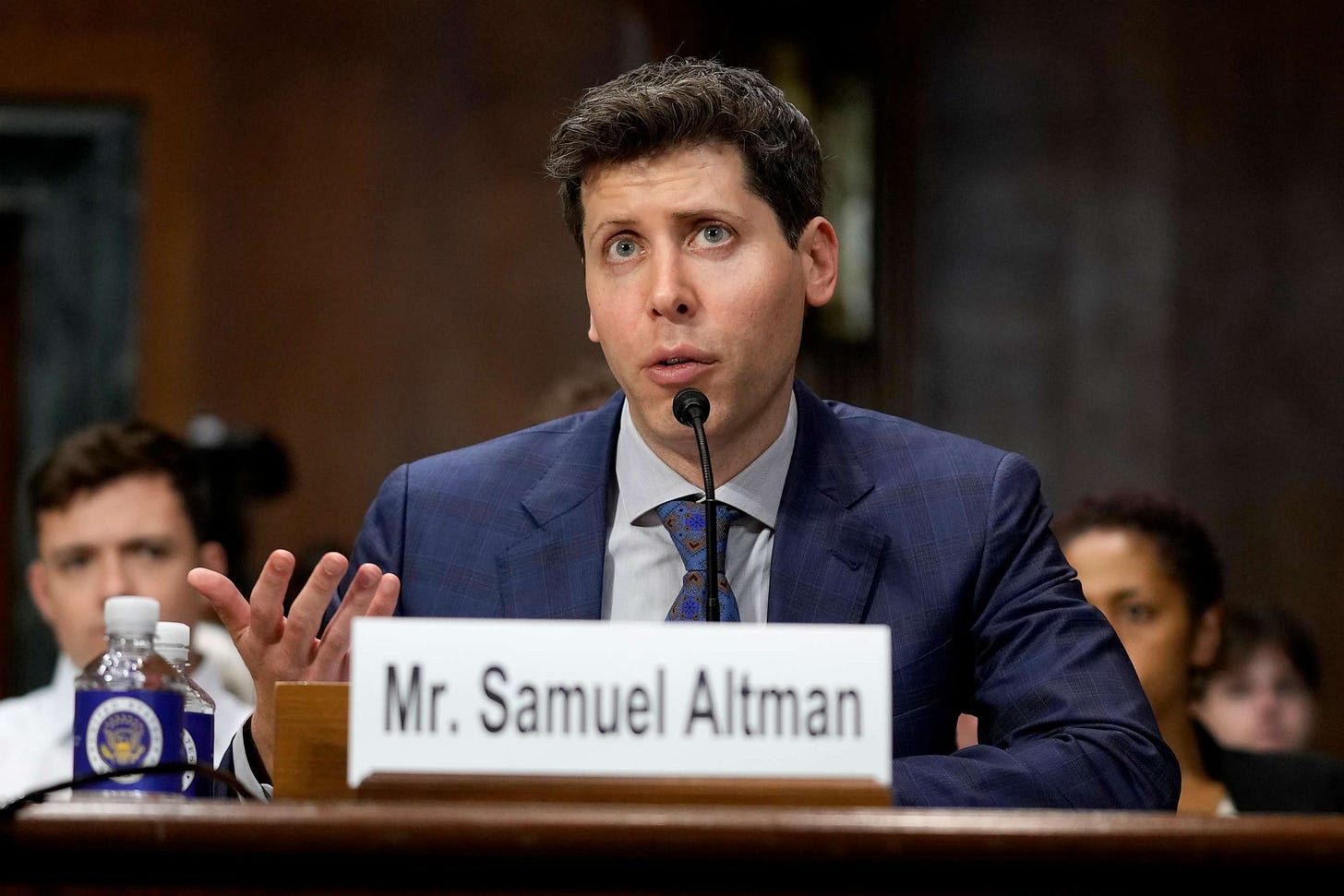
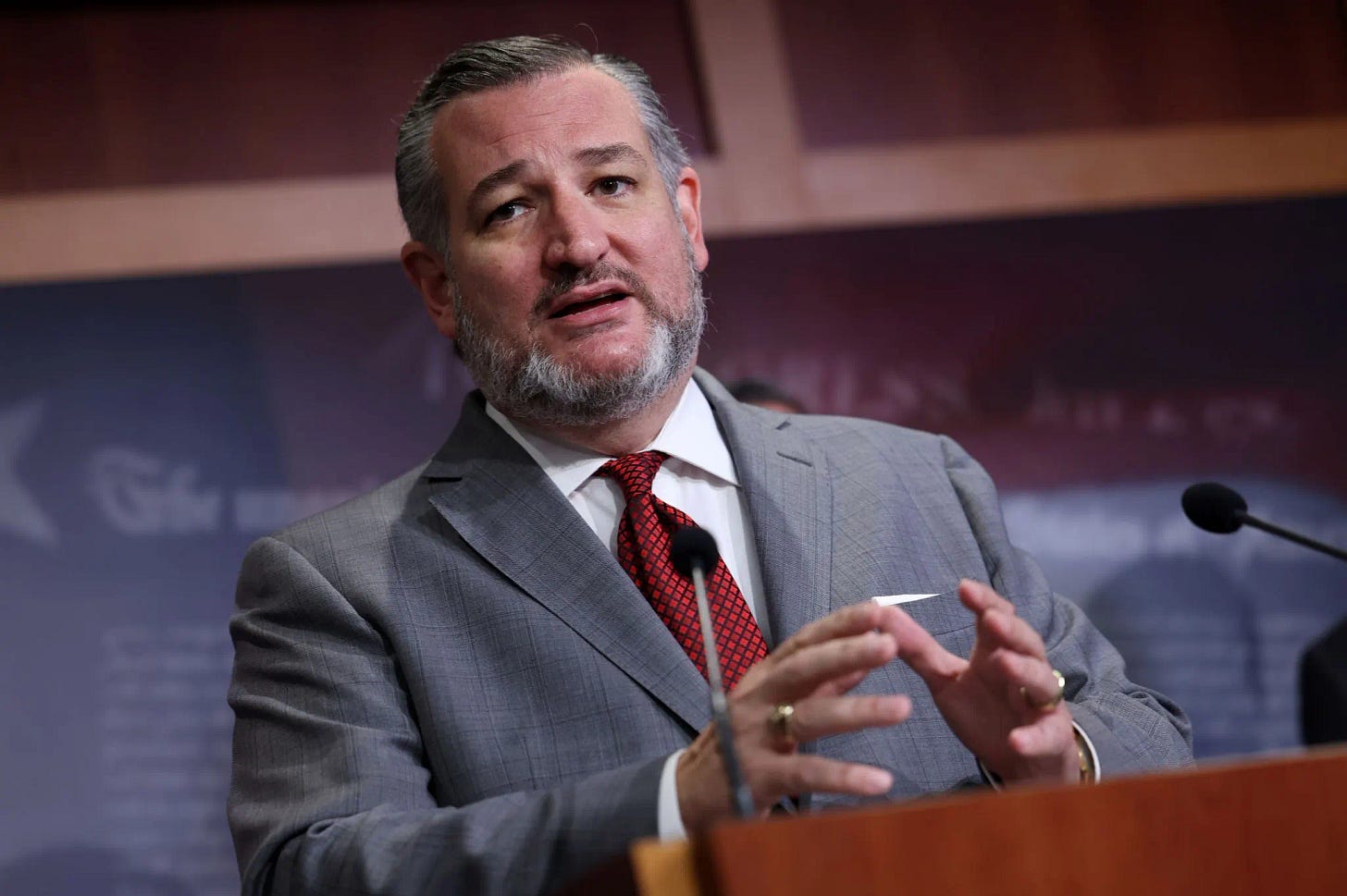
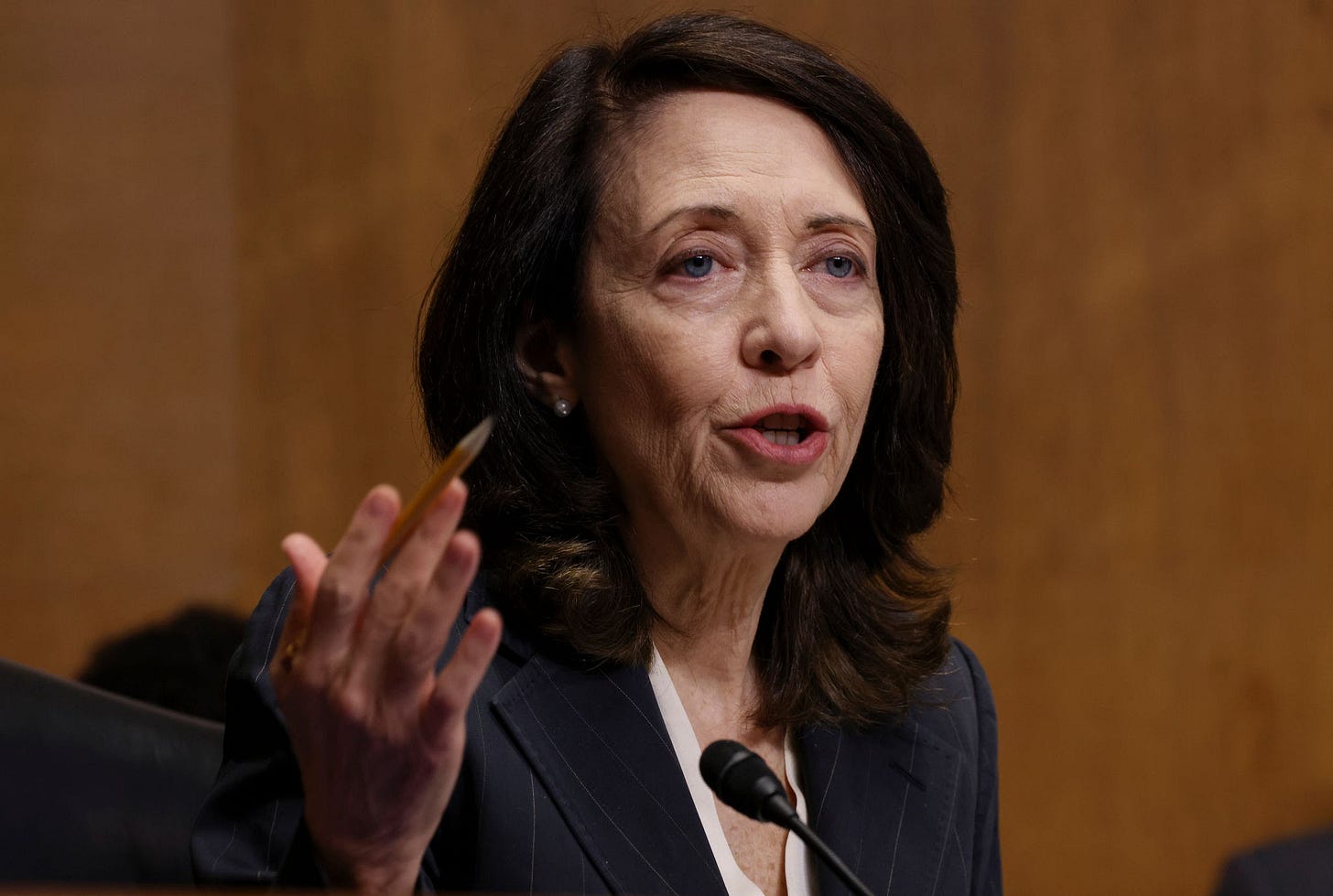
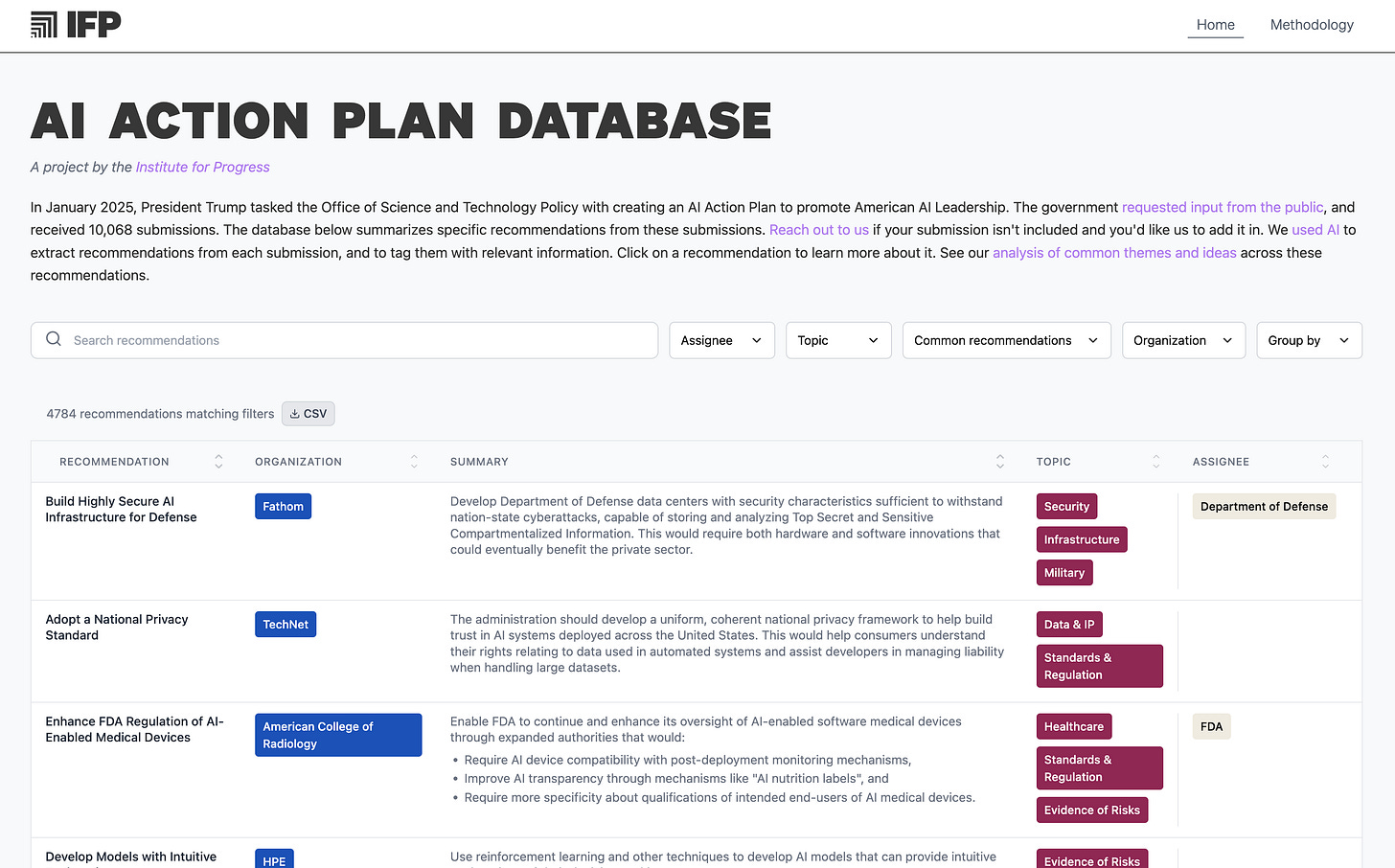
You ask "what has changed"? re: Altman flip flopping....why....nothing at all.
1)Altman is the AI reich master (i would hate working under the pressure he must dole out as "boss"). as reich master Altman too is under trillion ( not an exaggeration) dollar pressure.
2) Altman knows that AI knows, that achieving your goals IRL, is about "how to lie strategically". It has been said, of Altman [quote]" "that's going to make a lot of
people uncomfortable," because AI will give different answers for
different users, based on their values preferences and possibly on
what country they reside in"
3) AI is different things for different constituents? JUST ANSWER a CONSIDERATE "YES" TO ALL OF THEM, AND PEDDLE PEDDLE PEDDLE.
At this point, i suggest Ted Cruz, Chuck Schumer, and all the windbags be replaced by AI because at least AI can read legislation. Whereas the meat legislators merely pocket money to espouse causes and do not read their own legislation.
I understand if you’re done writing these posts but I really love and look forward to them each weekend! Hope to see them continued.